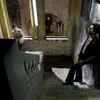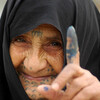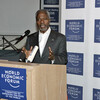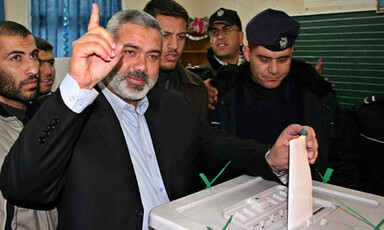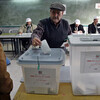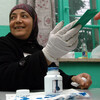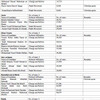
Preliminary offical results of the Palestinian parliamentary elections
26 January 2006
Dr. Hanna Nasser, chair of the Central Election Commission announced in a press conference in Ramallah the official, but not final results of the parliamentary elections held on January 25th. The results show that Hamas won 76 out of the 132 seats whereas Fatah won 43 and the leftist parties won 9 and 4 for independent candidates. According to Nasser, the results represent only 95 percent of the total votes. The Central Elections Commission indicated that the number of voters reached 1,011,992. The total number of registered voters reached 1,332,396. The voting percentage reached 74.64%. 414 candidates competed for the 16 electoral districts and there were 11 electoral lists with 314 candidates competing nationwide. Read more about Preliminary offical results of the Palestinian parliamentary elections
